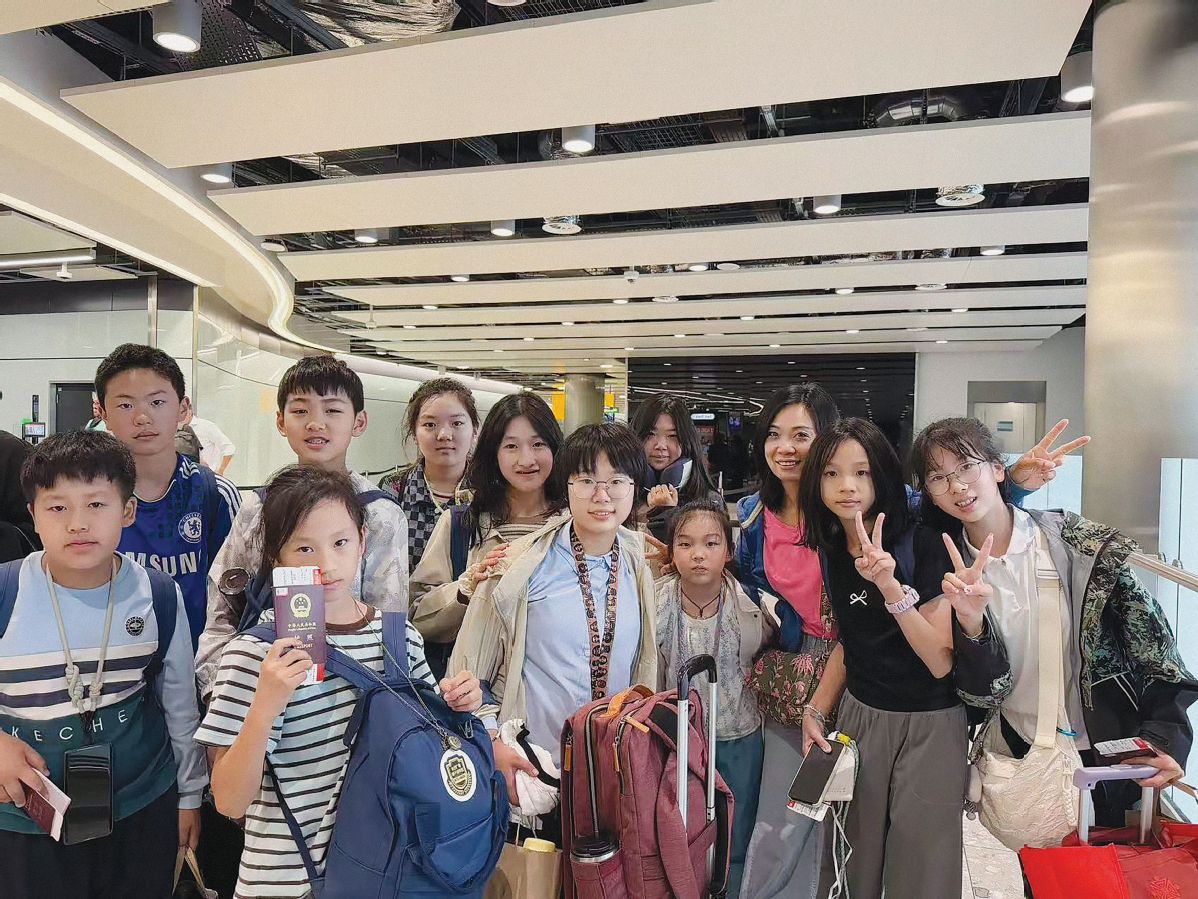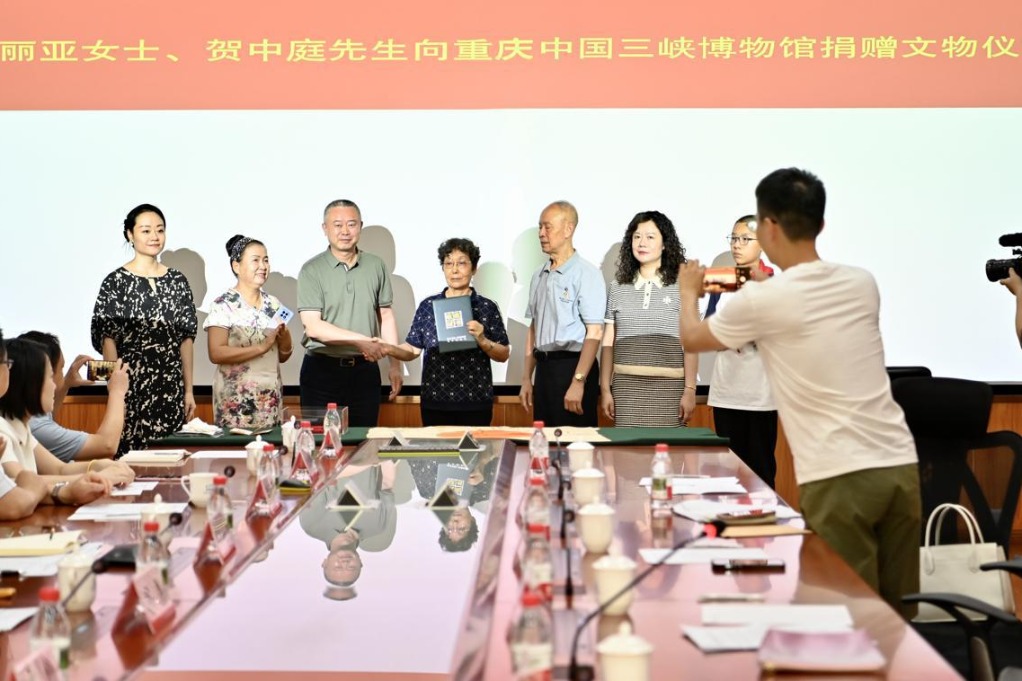Learn, experience and reflect to make overseas study most meaningful


As the appetite for Chinese students joining summer camps in the United Kingdom rebounds in the post-COVID era, educators and program organizers are taking a more reflective look at what truly makes these short-term overseas experiences meaningful.
Among them is Dong Qing, a secondary school teacher based in the UK who has spent several years organizing summer programs for visiting Chinese students. Drawing on her experience both in the classroom and as a program facilitator, Dong offers valuable insights into the rewards — and the missed opportunities — that these programs often present.
"I have witnessed both the growth and challenges the Chinese students experience in a foreign environment," Dong said. "While summer schools are highly popular, the actual benefits vary greatly among participants. The key difference lies in whether students are willing to step out of their comfort zones and fully embrace this invaluable international opportunity."
While some students made remarkable progress, Dong observed that many tended to stay within familiar social circles, mainly interacting with peers from China. Although this provided emotional comfort, it often limited their ability to engage more broadly.
"The true value of a summer school lies in engaging with diverse cultures," she said. "Those who actively interacted with students from other countries, participated in discussions, and embraced activities showed real progress — not just in language, but in confidence and cross-cultural understanding."
In contrast, others remained reserved or distracted — particularly by their smartphones. "Excessive phone use was a significant concern," Dong noted. "Whether in dining halls, dormitories, or even classrooms, many are absorbed in their digital worlds, neglecting real-life interactions. This habit hinders language improvement and diminishes the overall quality of their summer school experience."
To counter this, Dong recommended that both parents and schools work together to manage screen time more effectively. Measures such as setting "phone-free hours" and encouraging journaling or collaborative group projects could help students stay present and engaged.
Equally important, she emphasized, is the need to better integrate classroom learning with real-world exploration. "The essence of a study tour should not be a rigid combination of classes, activities, and sightseeing, but rather a seamless integration of all three," she said. "For instance, visiting London after a history and geography lesson on the city reinforces classroom knowledge, while doing some treasure hunt activities in museums and galleries encourages them to learn proactively."
In her view, the most effective summer programs followed a "learn–experience–reflect" model that allowed students to internalize what they encountered and apply it meaningfully.
"Though summer schools are short-term, their impact can be long-lasting," Dong said. "Only by encouraging communication, managing smartphone use wisely, and connecting lessons with real-life experiences can students transform this opportunity into lifelong personal and academic growth."
As more Chinese families look to the UK for summer learning opportunities, Dong hopes students will not only see the world, but also learn to navigate it.
"The world was right in front of them," she said. "The question was whether they were ready to step into it."
- China-Central Asia Young Engineers Exchange kicks off in Xinjiang
- Former Chongqing quarry becomes green tourism destination
- State Council meeting calls for enhanced efforts to unleash domestic demand potential
- Do robots have sportsmanship?
- Fighting for motherland: Taiwan volunteers in China's WWII resistance against Japanese aggression
- Death toll rises to 12 in NW China bridge construction accident





































